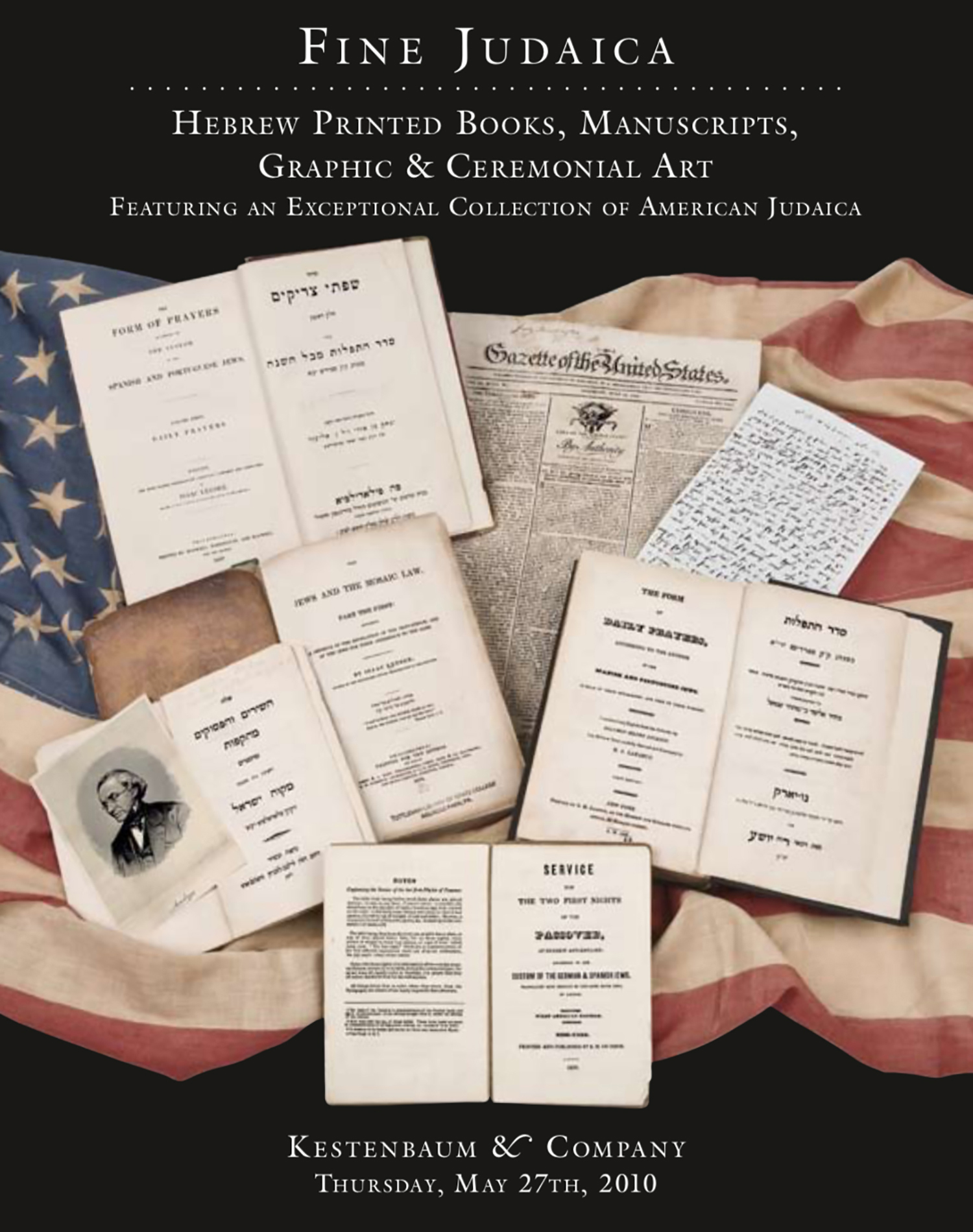(ANGLO-JUDAICA).

AUCTION 48 |
Thursday, May 27th,
2010 at 1:00
Fine Judaica: Hebrew Printed Books, Manuscripts, Graphic & Ceremonial Art Featuring an Exceptional Collection of American Judaica
Lot 9
(ANGLO-JUDAICA).
(London: 1702)
Est: $4,000 - $6,000
First Specifically Jewish Act of Parliament Post Re-Admission.
This Act (pp. 453-454) issued in the year of Queen Anne's accession to the throne, prevents any attempt by Jewish parents to force their apostate children to return to the Jewish fold. In such cases that children born to Jewish parents convert to the majority religion of Protestantism, the parents are enjoined by English law to continue to support their children and may not disown them.
The event that led to the passage of the Bill were as follows: In May 1701, eighteen-year old Mary Mendez de Breta, raised a Jewess, was baptized in the Church of England. Her father, Jacob Mendez de Breta thereupon disowned her. Subsequently, she was provided for by the parish of St. Andrew's Undershaft. A petition was presented to the House of Commons to oblige de Breta in particular and the Jews in general, to provide for their Protestant children. A Committee heard witnessess on both sides, including the father himself, who claimed that Mary had never been his daughter, but had been laid at his door in Portugal, and that he had maintained her all the years purely as an act of charity. The Bill was passed in the Lords without amendment and with virtually no debate. See H.S.Q. Henriques, The Jews and the English Law (1908) pp. 167-69.
